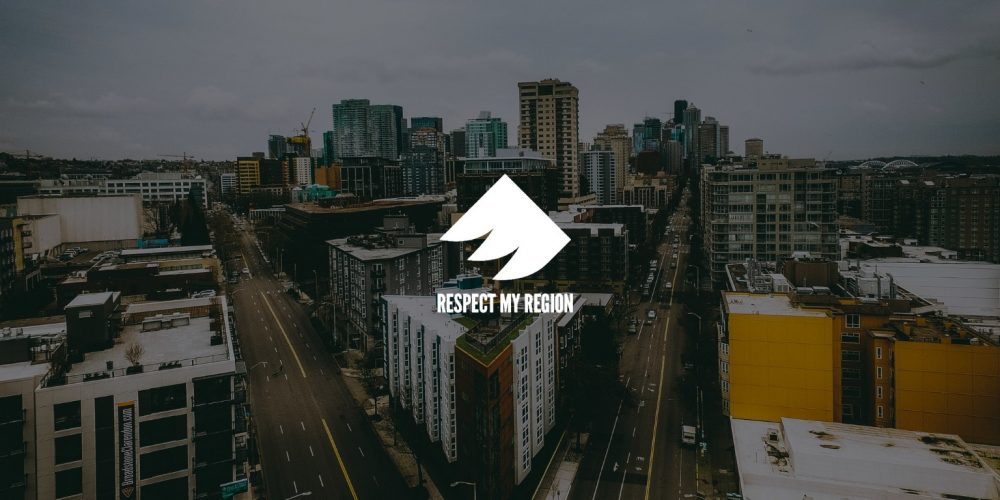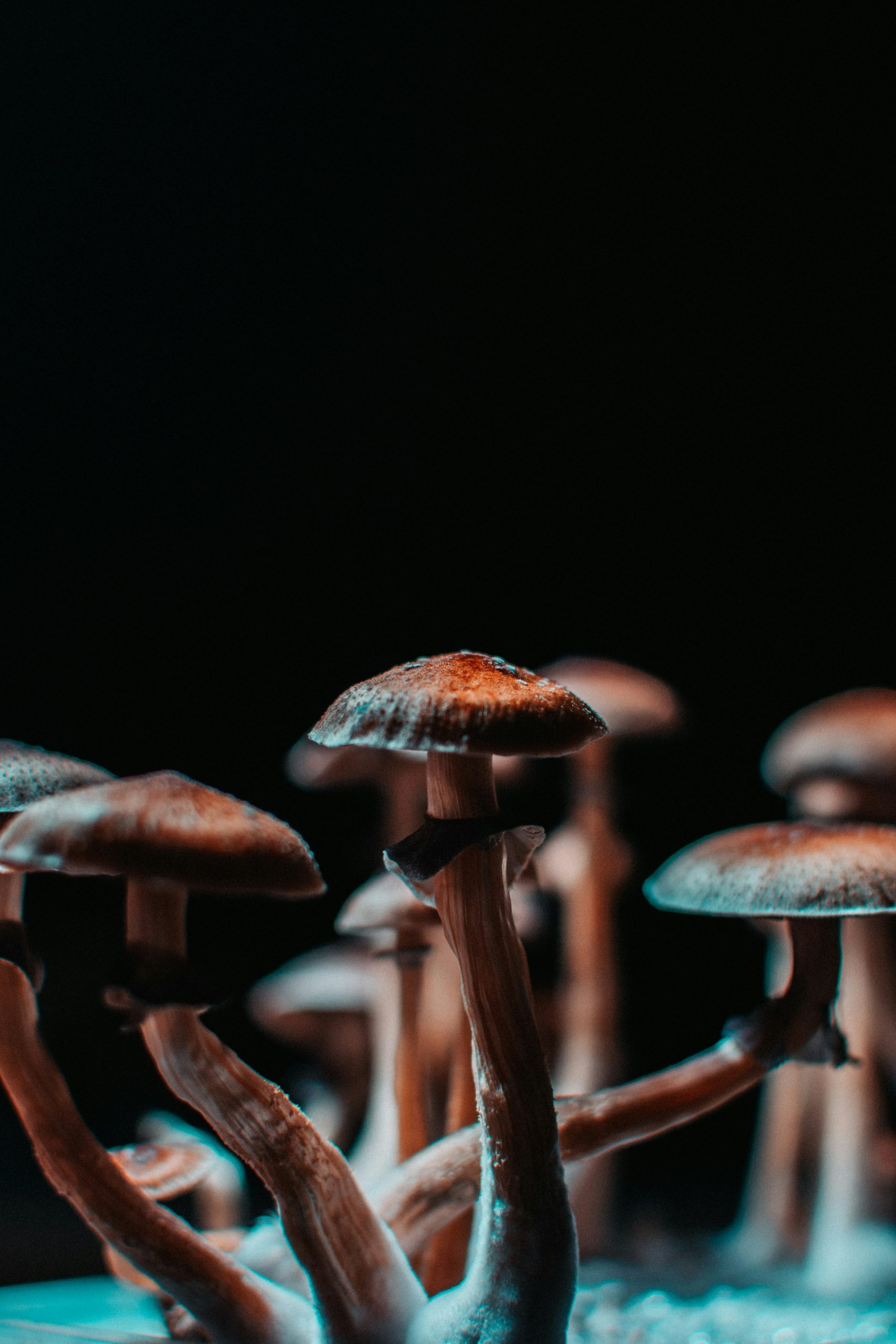Magic mushrooms, or psilocybin mushrooms, have gained significant global attention for their potential therapeutic benefits and recreational use. But the laws and regulations surrounding them are….not exactly obvious. For instance, they’re decriminalized in some states, and thoroughly criminalized in others. You can possess spores, but only in a certain form. And so on, and so on.
Therefore, it is crucial to understand the legal framework surrounding the possession and cultivation of psilocybin mushrooms and their spores. You shouldn’t have to scour the internet to get all the essential information. We aim to provide an overview of the current laws and regulations pertaining to these activities here.
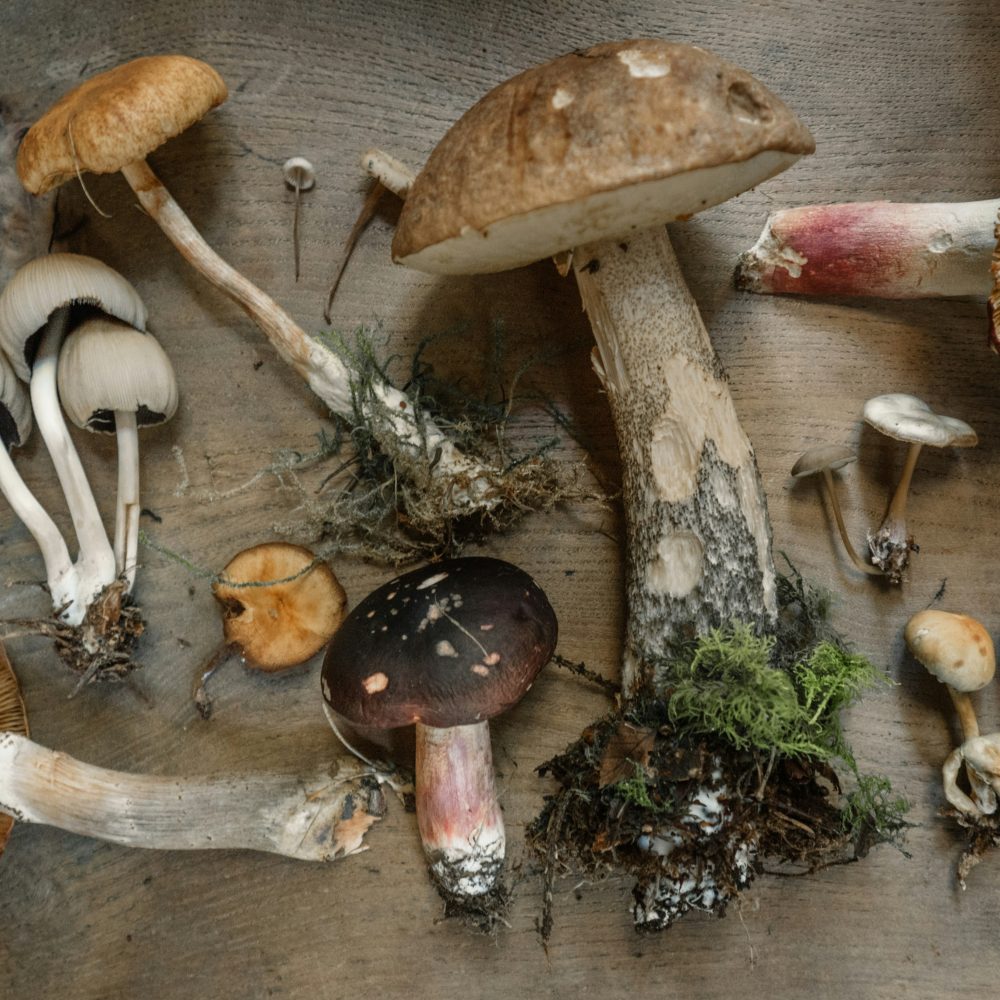
Credit to Andrew Ridley
Shroom Laws and Regulations
Possession of Psilocybin Mushroom Spores:
The legality of possessing psilocybin mushroom spores varies across jurisdictions. In some countries and states, possession of spores is legal, as they do not contain the psychoactive compound psilocybin. However, it is important to note that the intent to cultivate psilocybin mushrooms from these spores may be subject to legal restrictions. It is advisable to research and understand the specific laws in your jurisdiction before engaging in any activities related to psilocybin mushroom cultivation.
Cultivation of Psilocybin Mushrooms:
The cultivation of psilocybin mushrooms is generally considered illegal in most countries. The primary reason for this prohibition is the presence of psilocybin, a Schedule I controlled substance in many jurisdictions. Cultivating psilocybin mushrooms involves the intentional cultivation of a controlled substance, which is subject to legal penalties.
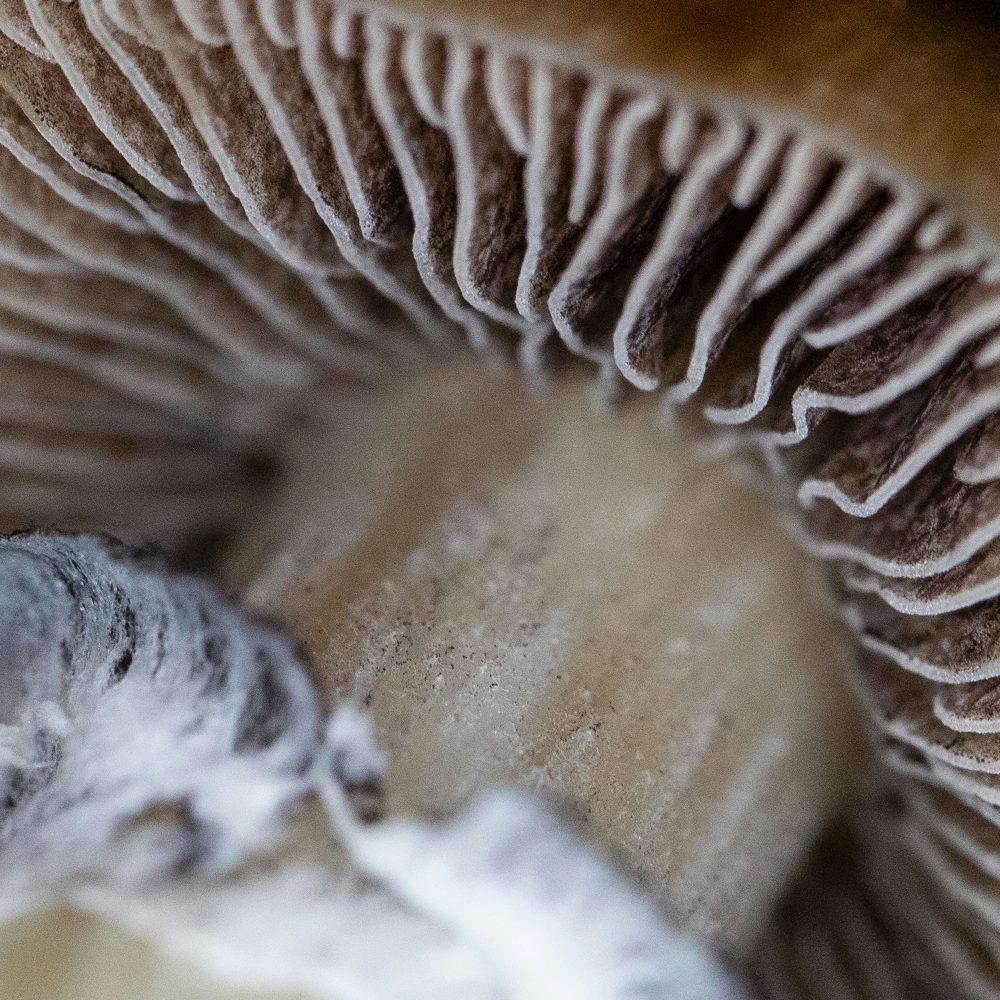
Credit to Christopher Cassidy
Legal Exceptions and Decriminalization Efforts:
It is worth noting that some jurisdictions have implemented exceptions or decriminalization measures regarding psilocybin mushrooms. For instance, in certain cities or states within the United States, possession and cultivation of small amounts of psilocybin mushrooms have been decriminalized or subject to reduced penalties. However, it is crucial to research and understand the specific laws and regulations in your jurisdiction to ensure compliance.
Federal Laws:
At the federal level, psilocybin mushrooms are classified as a Schedule I controlled substance under the Controlled Substances Act (CSA). This classification means that they are considered to have a high potential for abuse and no accepted medical use. Consequently, the possession, cultivation, and distribution of psilocybin mushrooms are illegal under federal law.
State Laws:
While federal law prohibits psilocybin mushrooms, several states have enacted their own legislation that either decriminalizes or legalizes their possession and use. It is important to note that laws can vary significantly from state to state, so it is crucial to understand the specific regulations in your jurisdiction. Here is a brief overview of the current status of psilocybin mushroom laws in select states:
1. Oregon:
In November 2020, Oregon became the first state to legalize the therapeutic use of psilocybin mushrooms. The Oregon Psilocybin Services Act allows for the regulated medical use of psilocybin under the guidance of licensed facilitators.
2. California:
California has decriminalized the possession and use of psilocybin mushrooms in certain cities, including Oakland and Santa Cruz. However, it is important to note that this does not legalize their cultivation or distribution.
3. Colorado:
Denver, Colorado, became the first city in the United States to decriminalize psilocybin mushrooms in May 2019. This means that the city’s law enforcement agencies consider the possession and use of psilocybin mushrooms for personal use as their lowest law enforcement priority.
4. New Mexico:
In New Mexico, the possession and use of psilocybin mushrooms are classified as a petty misdemeanor, resulting in a small fine rather than criminal charges.
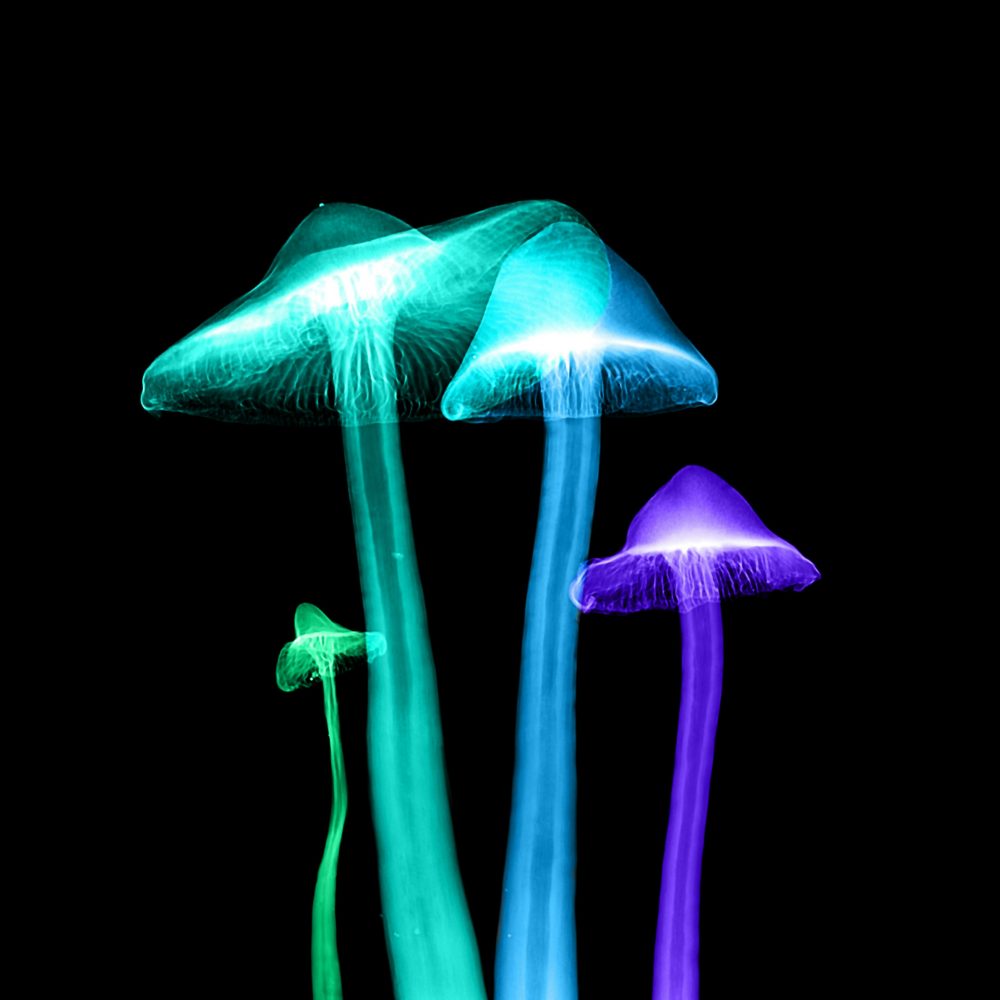
Credit to Mathew Schwartz
Navigating the legal landscape surrounding psilocybin mushrooms in the United States can be complex due to the varying laws at the federal and state levels. While federal law strictly prohibits their possession, cultivation, and distribution, some states have taken steps to decriminalize or legalize their use.
Therapeutic Use and Medical Research:
While recreational use of psilocybin mushrooms remains largely illegal, there is growing interest in their potential therapeutic applications. Some countries and states have initiated research programs or granted exemptions for medical research purposes. These initiatives aim to explore the therapeutic benefits of psilocybin mushrooms under controlled settings, with the goal of potentially developing regulated medical treatments in the future.
The legal landscape surrounding the possession and cultivation of psilocybin mushrooms and their spores is complex and varies across jurisdictions. It is essential to thoroughly research and understand the specific laws and regulations in your area before engaging in any activities related to psilocybin mushrooms. As laws and attitudes towards psychedelics continue to evolve, it is advisable to stay informed about any legal updates or changes that may impact the legality of these substances.
Find all the answers to your psilocybin questions here.
